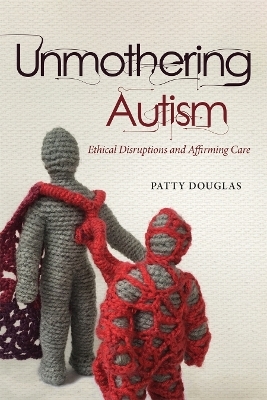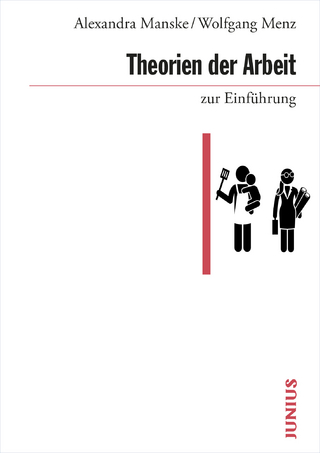
Unmothering Autism
Ethical Disruptions and Affirming Care
Seiten
2024
University of British Columbia Press (Verlag)
978-0-7748-6972-0 (ISBN)
University of British Columbia Press (Verlag)
978-0-7748-6972-0 (ISBN)
- Noch nicht erschienen (ca. November 2024)
- Versandkostenfrei
- Auch auf Rechnung
- Artikel merken
Unmothering Autism rethinks autism and mothering to reveal what it means for us to live well together in, and through, difference.
As global rates of autism diagnosis rise, dominant cultural representations continue to define autism as a tragic neurological disorder. And mothers – as primary caregivers and advocates – are centrally implicated in the impulse to find both cause and cure. How should we care about autism and autistic people?
Unmothering Autism emerged from Patty Douglas’s desire to understand a contradiction: she and her two sons (one autistic) experienced beauty living together, while their public encounters with doctors, school professionals, and agencies were fraught and sometimes violent. In this book, Douglas offers a critical history of popular and biomedical assumptions about autism, expressed through shifting social constructs that blame or valorize maternal care. Thoughout, she also intersperses her own insights and shares conversations she has had with other “autism mothers.”
Unmothering Autism theorizes an “ethics of disruption,” reorienting us to autism and autistic people as valuable and fundamentally human. It centres the previously marginalized perspectives of mothers and autistic individuals to affirm their knowledge of living well together in, and through, difference.
As global rates of autism diagnosis rise, dominant cultural representations continue to define autism as a tragic neurological disorder. And mothers – as primary caregivers and advocates – are centrally implicated in the impulse to find both cause and cure. How should we care about autism and autistic people?
Unmothering Autism emerged from Patty Douglas’s desire to understand a contradiction: she and her two sons (one autistic) experienced beauty living together, while their public encounters with doctors, school professionals, and agencies were fraught and sometimes violent. In this book, Douglas offers a critical history of popular and biomedical assumptions about autism, expressed through shifting social constructs that blame or valorize maternal care. Thoughout, she also intersperses her own insights and shares conversations she has had with other “autism mothers.”
Unmothering Autism theorizes an “ethics of disruption,” reorienting us to autism and autistic people as valuable and fundamentally human. It centres the previously marginalized perspectives of mothers and autistic individuals to affirm their knowledge of living well together in, and through, difference.
Patty Douglas is an associate professor of disability studies, the inaugural chair in student success and wellness, and co-director of the Centre for Community Engagement and Social Change in the Faculty of Education at Queen’s University. She leads Re•Storying Autism (www.restoryingautism.com), a multimedia storytelling project located in Canada, the United Kingdom, and Aotearoa (New Zealand), and is a sought-after international speaker. She is also a senior research affiliate at the Re•Vision Centre for Art and Social Justice at the University of Guelph. Patty identifies as neurodivergent and invisibly disabled and is the mother of two neurodivergent sons, one of whom identifies as autistic.
| Erscheint lt. Verlag | 15.11.2024 |
|---|---|
| Reihe/Serie | Disability Culture and Politics |
| Verlagsort | Vancouver |
| Sprache | englisch |
| Maße | 152 x 229 mm |
| Themenwelt | Sozialwissenschaften ► Soziologie ► Mikrosoziologie |
| ISBN-10 | 0-7748-6972-0 / 0774869720 |
| ISBN-13 | 978-0-7748-6972-0 / 9780774869720 |
| Zustand | Neuware |
| Haben Sie eine Frage zum Produkt? |
Mehr entdecken
aus dem Bereich
aus dem Bereich


